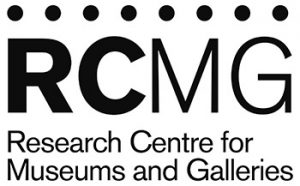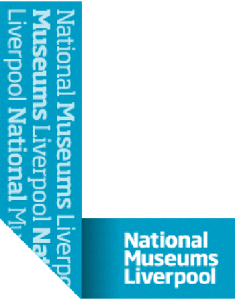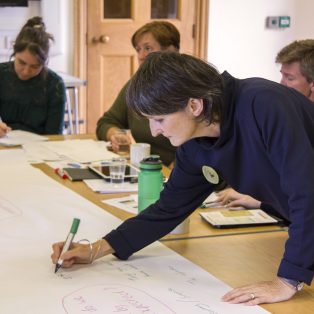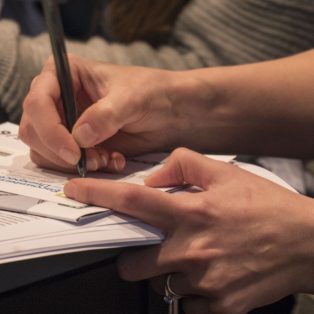As the world population ages, how can museums nurture living and ageing well?
Dominant perceptions of older age focus on decline, frailty, illness and dependence, linked to a medical model that pathologizes and problematizes ageing. This deficit model shapes the roles that older people can have in society, the expectations that people have of them, and how organisations, such as museums, respond to their needs.
Instead of seeing ageing as a ‘problem’, how can museums create more opportunities for people in the later stages of life to live in the moment, be actively engaged, have meaning and purpose and feel connected to their communities and the wider world? How can museums support older people to live and age well?
Encountering the Unexpected was an innovative two-year action research project that set out to challenge the (unconscious) assumptions that museums make about older people and find new approaches to engaging them with natural heritage collections. Initiated by the Research Centre for Museums and Galleries (RCMG), at the University of Leicester, and funded by the Esmée Fairbairn Collections Fund, run by the Museums Association, Encountering the Unexpected worked with six museums from the North West Natural History Museums Partnership, to develop the Unexpected Encounters Framework that can support museums to nurture older people to live and age well, reconnect with the natural world and encourage meaningful engagement in the present.
This website is accompanied by the Unexpected Encounters publication.







![]()


